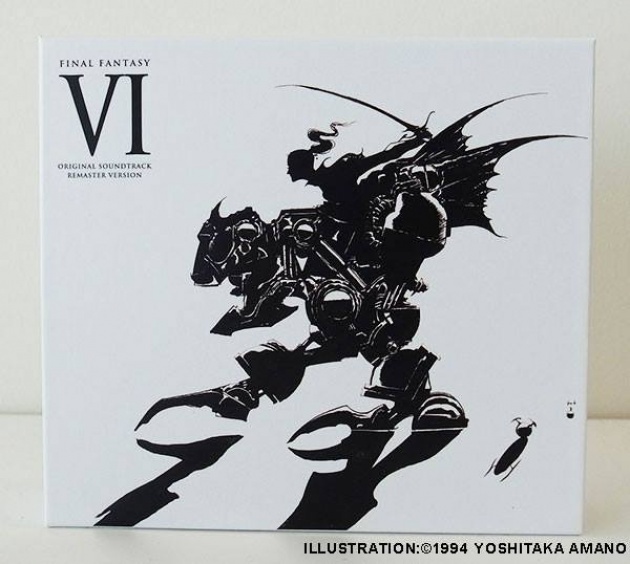
Though, of course, it must be taken into consideration that music, unlike games (generally speaking), doesn't age. It is now the norm for consoles to be able to reproduce the sound quality of live instruments and vocals with painfully high fidelity, but even music from what may be considered a bygone era of technology still shows signs of vitality. Even 8-bit chiptune music, while generally less complex and developed musically than its modern counterparts, is still worth listening to outside of a mere historical or nostalgic basis. The point is that melodies are timeless - and the best ones have a habit of staying with the listener long after the track has finished playing. This means, then, that even for a game that was uncomfortably caught in the gap between fuzzy artificial MIDI synthesisers and pseudo-convincing sounding musical instruments, Final Fantasy VI has, perhaps unsurprisingly, held up remarkably well.
One of the best features of the soundtrack for Final Fantasy VI is the surprising amount of musical variety for a game where, at the time, game music had only begun to spread its wings and establish itself as an endeavour to be taken seriously. There is an abundance of tracks that dabble in unconventional styles or experimental sounds, and rarely does Uematsu miss the mark with these compositions. Genres such as rock, opera, ragtime, jazz, techno and even baroque make appearances, as well as many tracks that are more difficult to assign to any one particular genre. Take, for example, "Techno de Chocobo," which takes the familiar Chocobo theme tune and adds peculiar siren-like sound effects, bouncy chiptune-inspired soundfonts and odd cosmic synthesiser flourishes throughout to create a curious amalgamation of techno, chiptune, rock and funk. While other Chocobo themes in the series are more hard-line and straightforward with their musical pastiches, "Techno de Chocobo" gleefully takes exception to this rule, and is all the better for it - it's by far one of the most interesting and enjoyable Chocobo themes in the series.
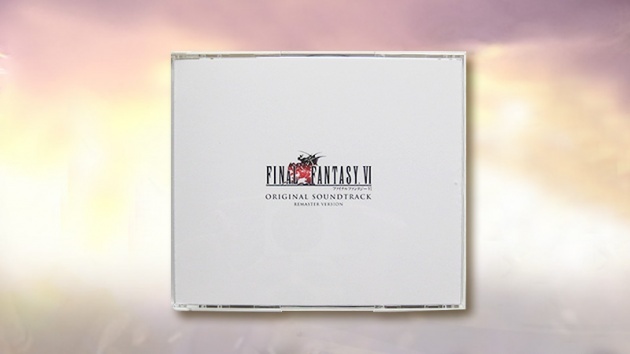
It's strange to think that even today, forays into musical experimentations in 1994 still sound fresh and unique, but even within the more conventional spheres of musical normality, Uematsu's grasp of composition still hold firm; of course, the dominant musical style is one that can be best described as western classical, probably one of the most widely-used genres in game soundtracks. It is perhaps under this umbrella that the most well-known pieces of the soundtrack make an appearance - "Terra's Theme," for instance.
The unique structure and tonality of the song is really something to be admired: the piece begins with a short intro section, after which the listener is greeted with a melody that conveys a clear and chilling sense of isolation, undercut with a faint resilience and hopefulness, which masterfully unfurls and becomes more prominent as the piece goes on. This reaches its peak in the bridge section where the optimistic four-note melody slowly raises in pitch, repeating three times and each time with more gusto, until it is quickly extinguished and the piece slips back into the main theme once again. Meanwhile, the almost march-like rhythms in the snare drum and the bassline complete the piece by giving it a sense of purpose and quietly instilling a quest-like fervour; it seems to implore the listener to keep moving forward no matter what, and additionally prevents the piece itself from becoming too static. It's a uniquely complex and engaging piece of music, and there's nothing else quite like it out there. A definite highlight of the soundtrack.
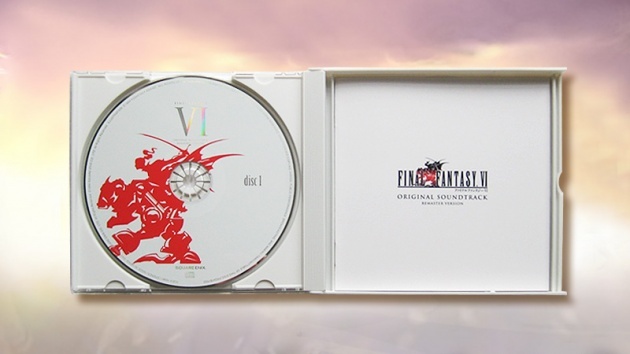
The soundtrack shifts in tone somewhat in the middle of the album with the selection of tracks known colloquially as the "Opera Sequence;" "Overture," "Aria de Mezzo Carattere" and "Wedding Waltz - Duel." Here, the pieces go beyond simply providing a background musical accompaniment to the game, and the music itself becomes the main feature, so to speak. The music tells a story in the form of a miniature opera; a soundtrack within a soundtrack - and like any good opera, the music is varied and exciting; dramatic, daring and emotional, all in the space of about thirteen minutes. Arguably the highlight of this section is "Aria de Mezzo Carattere," an emotional piece accompanied by a sweeping orchestral score and carried surprisingly well by the garbled female synthesiser voice that "sings" the main melody. It's perhaps here where the MIDI technology shows its age, and not everyone will appreciate the retro charm of the old SNES soundchip here - but either way, the melody and accompanying orchestra shines through fantastically to create a genuinely memorable piece. Though it's a direct rearrangement of Celes' Theme, it differs in tone by showcasing more overtly emotional overtones and also being a tad more fanciful than the subtle wistful poignancy of the original. It's purely personal preference as to which arrangement of the melody an individual would prefer, though.
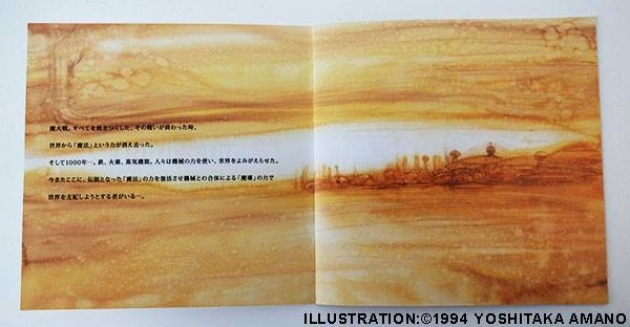
No RPG soundtrack can be completed without battle themes, and Final Fantasy VI offers an interesting selection of music to battle to, if not slightly on the small side (but this is a minor complaint at best). "Battle" is a fast-paced rock-inspired piece, which interestingly pulls off a slightly more edgier sound than previous battle themes in the series, while "The Decisive Battle" utilises a synthesised organ and a dramatic meandering melody to deliver a short, but highly enjoyable performance. "Grand Finale," however, placed directly after the Opera Sequence, takes a different route entirely and sounds more like a frenetic theme tune to a comedic chase sequence, or a piece of music that might be played in a circus performance. It's by no means bad, however; just different.
Despite its numerous accomplishments, however, Final Fantasy VI isn't necessarily a perfect body of work. The third section slips a fraction both in tempo and quality, with a few tracks feeling like they're only present as filler or to provide build-up to the finale, rather than having been put there on the basis of their own musical merit. Probably the most notable examples include "The Fanatics," an odd piece that sounds like a morbid up-tempo funeral march and never really seems to grasp a foothold in the context of the soundtrack, and "From That Day On..." which is a rather bland alternative to the aforementioned exemplar location themes. Given the quality of the rest of the tracks on the album, however, these can be easily overlooked as a minor blip in quality and can ultimately be considered negligible in the grand scheme of things.
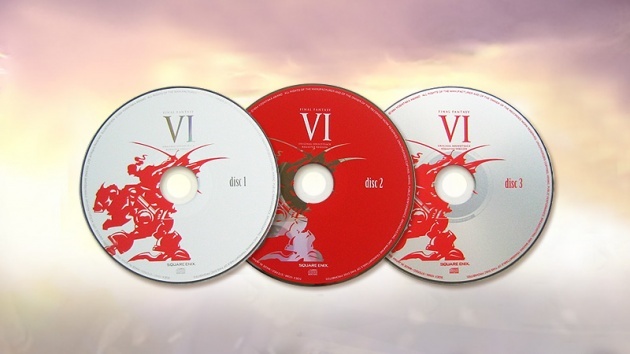
Much like the soundtrack for Final Fantasy VI itself, "Dancing Mad" offers much for the listener to appreciate. Take, for example, the thunderous recapitulation of the game's title theme "Omen" in the first movement, which thematically bookends the soundtrack, or the effortless interweaving of Bach's legendary "Toccata and Fugue in D Minor" with "Kefka's Theme" in the third movement - and not forgetting, of course, the appearance of Kefka's villainous laugh in the fourth movement, which, while fleeting, adds a fantastically sinister edge to the piece as it finishes and fades out. For the discerning listener or even the casual organ fan, the piece is simply pure joy in itself to merely sit and listen as it develops and works its way towards the frenetic climax.
"Dancing Mad" is huge; an impossibly powerful and epic monument to not only one of video games' best villains, but also to symbolise the moment where Uematsu truly justified his place in the highest echelons of video game composers. This is a complex and many-layered track; at times brooding, reticent and lamenting, but also aggressive, impudent, menacing, and even majestic. Above all, though, it's grand. The entire piece offers a veritable smorgasbord of scintillating organ work and harmonies, very much reminiscent of the music of Castlevania, but elevated to new heights with Uematsu's classic melodic and arranging capabilities. Easily one of the best pieces written for the series, if not possibly one of the best pieces written for a video game, ever.
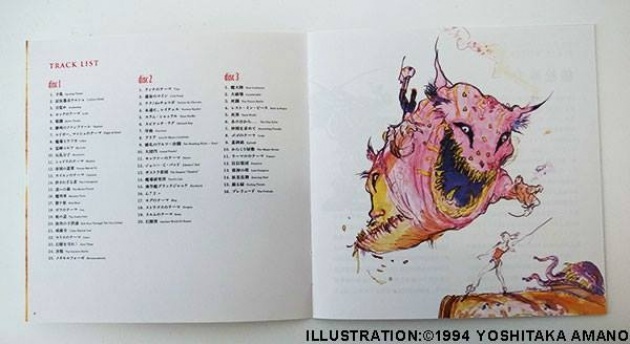
This is then followed by the soundtrack's closer, "The Prelude" - another Final Fantasy musical staple. The melody itself has changed little from the days of the NES, but then again, some things are better left untouched. No Final Fantasy game is complete without "The Prelude" in one shape or form, and Final Fantasy VI's rendition is a simple classic, which, like many other tracks on the album, has, and most likely will continue to, stand the test of time.
Uematsu went on record to say that after finishing the soundtrack for Final Fantasy VI, he felt that he had achieved his "primary goal," and could then "quit doing game music with no regrets." While there are fans who would balk at the idea of a world without the music of VII, VIII or IX, Uematsu's sentiments are still quite understandable. Final Fantasy VI's soundtrack is one of the best examples around of what a video game soundtrack should sound like - and while the same could be said for any of the soundtracks Uematsu has worked on, it is still this one in particular that stands out time and time again.
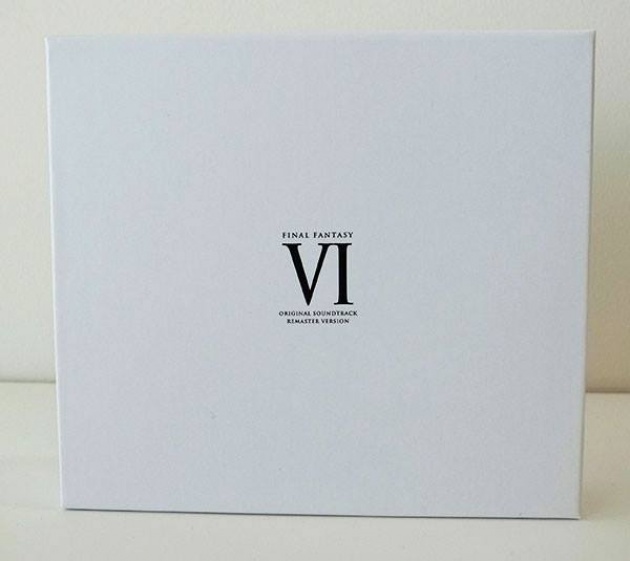
Exceptional - Gold Award


 Sign In
Sign In 20.06.2015
20.06.2015  Game Details
Game Details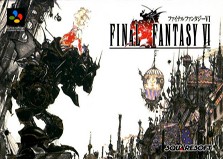
 Out now
Out now  Out now
Out now  Out now
Out now  Out now
Out now  jb
jb 
 Link to this post:
Link to this post: 
 Subscribe to this topic
Subscribe to this topic Features
Features





 Top
Top

